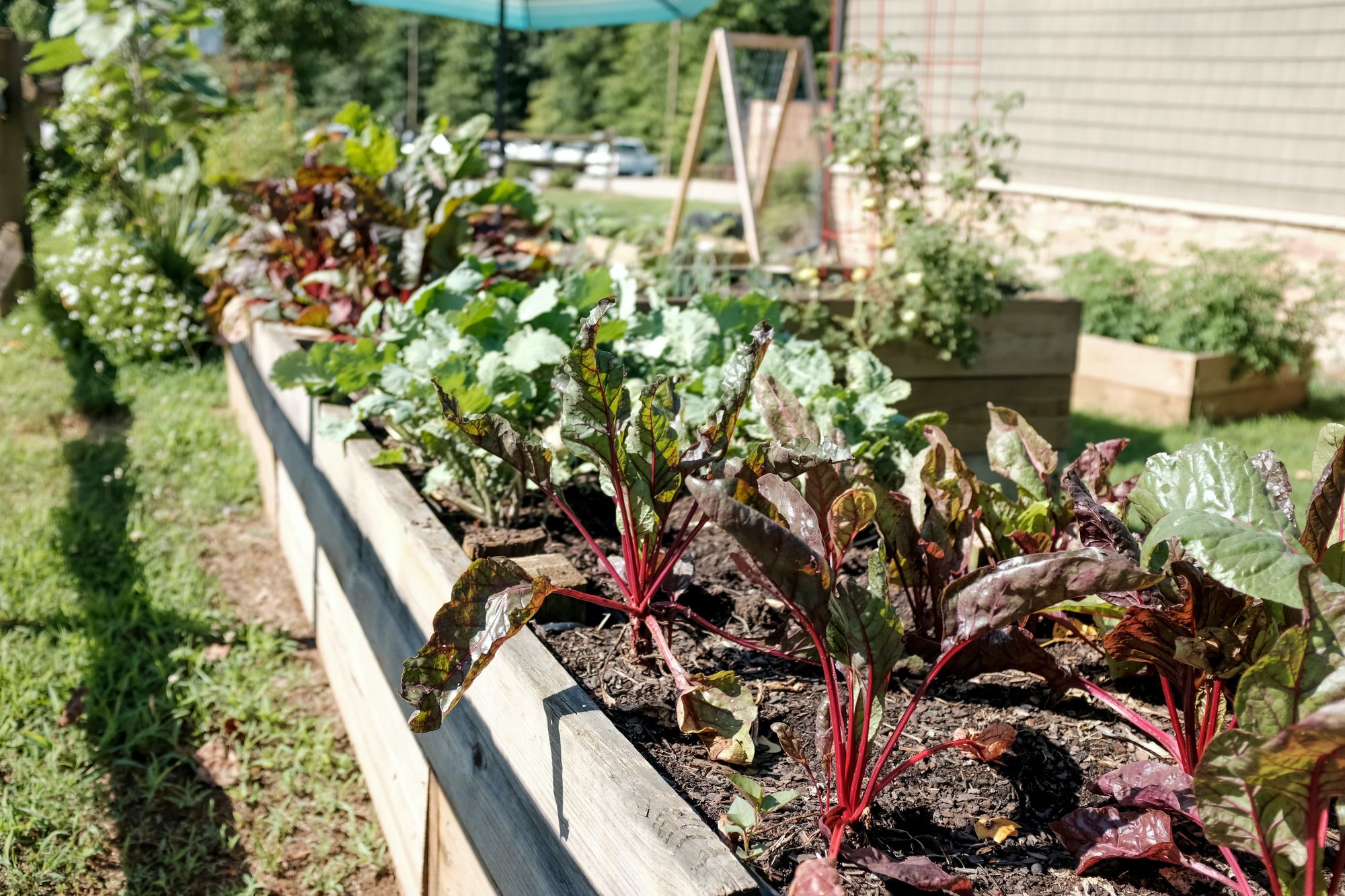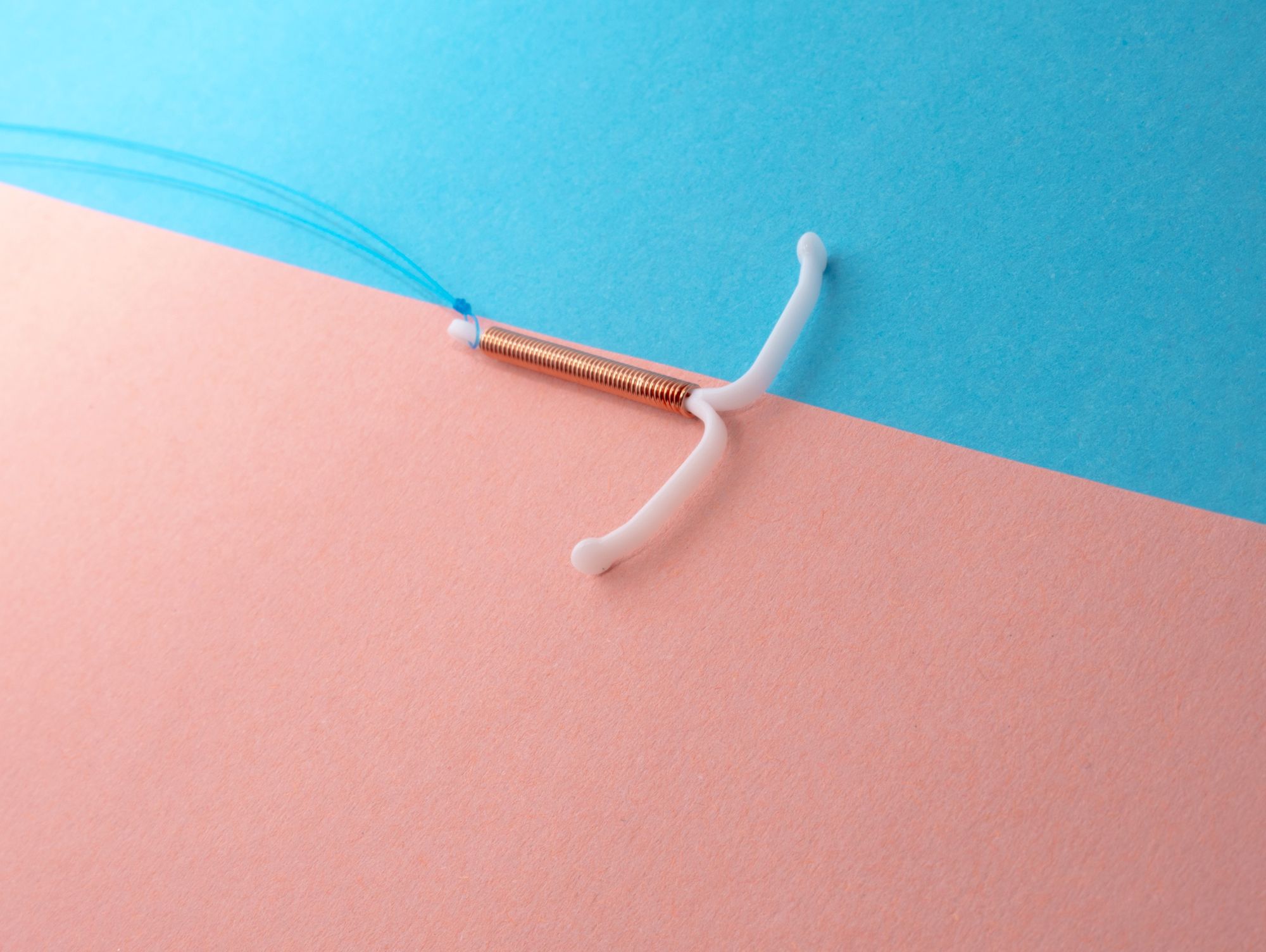Taming The Stink: Ways To Make Your Farts Less Smelly


We’ve all been there: a sudden bout of gas that leaves you feeling embarrassed and awkward. While farting is a natural bodily function, the odor can sometimes be less than pleasant. Fortunately, there are ways to reduce the smell and make your gas less offensive.
Here are some practical tips to help you manage the odor of your farts while promoting better digestive health.
1. Adjust Your Diet
What you eat plays a significant role in how your gas smells. Certain foods are notorious for causing smelly farts. For instance, beans, lentils, cabbage, broccoli, onions, and dairy products can all contribute to unpleasant odors. If you notice a pattern between what you eat and how your gas smells, try cutting back on these foods and see if there’s an improvement.
2. Stay Hydrated
Drinking plenty of water is crucial for overall health and digestion. Staying hydrated helps dilute the compounds in your digestive system that can lead to smelly gas. Aim for at least eight glasses of water a day, and consider herbal teas or other non-caffeinated beverages to help with hydration.
3. Eat Smaller Meals
Large meals can overwhelm your digestive system, leading to more gas production. Instead of three big meals a day, try eating smaller portions more frequently. This approach can aid digestion and reduce the amount of gas produced.
4. Gradually Increase Fiber Intake
Fiber is essential for healthy digestion, but adding it too quickly can lead to gas. If you want to increase your fiber intake, do it gradually. Incorporate fiber-rich foods like fruits, vegetables, and whole grains into your diet over a week or two. This slow introduction will give your digestive system time to adjust.
5. Use Digestive Aids
Over-the-counter products like simethicone can help alleviate gas by breaking up gas bubbles in the digestive tract. Additionally, some people find that probiotics or digestive enzymes improve gut health and reduce gas. If you frequently struggle with gas, consider discussing these options with a healthcare provider.
6. Limit Carbonated Beverages
Carbonated drinks can introduce extra gas into your digestive system, leading to more farting. If you find yourself reaching for sodas or sparkling water, consider switching to still beverages to see if it makes a difference.
7. Avoid Swallowing Air
Swallowing air while eating or drinking can contribute to gas buildup. To reduce this, take your time while eating, avoid chewing gum, and try not to drink through a straw. These small adjustments can help minimize the amount of air you swallow.
8. Consider Food Intolerances
Food intolerances, such as lactose intolerance or gluten sensitivity, can lead to excess gas and foul odors. If you suspect that a specific food might be causing your gas, consider eliminating it from your diet for a few weeks to see if there’s an improvement. Consulting with a healthcare professional can provide further insight.
9. Regular Exercise
Physical activity is not only good for your overall health, but it also helps your digestive system function more efficiently. Regular exercise can reduce bloating and gas. Aim for at least 30 minutes of moderate exercise most days of the week.
10. Consult a Doctor
If you find that you’re experiencing excessive or particularly foul-smelling gas, it may be worth discussing with a healthcare provider. In some cases, chronic gas can indicate an underlying digestive issue that needs to be addressed.
Remember, it’s all about balance and finding what works best for your body. Embrace these tips, and you’ll be well on your way to a fresher you!







